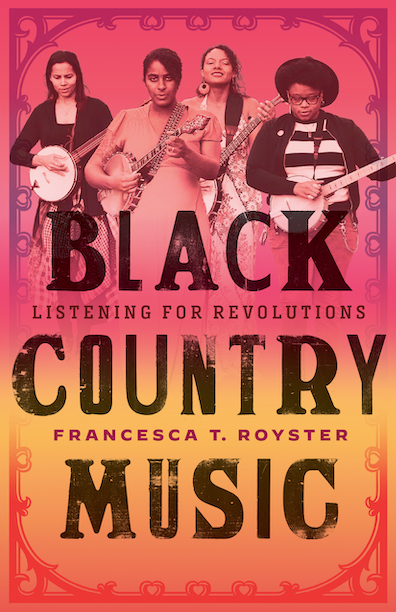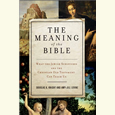A Blues Man's Biography
Philip Ratcliffe documents the life and music of legendary blues artist Mississippi John Hurt
Philip Ratcliffe was enthralled with the music of Mississippi John Hurt from the moment he first heard one of Hurt’s recordings in 1970. After a trip to Mississippi in 2003, Ratcliffe decided to document Hurt’s life. It took six years of research and writing, but Ratcliffe finally completed the first biography of the legendary blues artist. Mississippi John Hurt: His Life, His Times, His Blues chronicles the man’s musical career and captures his warm, unaffected character.
Ratcliffe is a blues musician himself, and his passion for Hurt’s music informs his narrative. Though he recorded several albums as a young man, John Smith Hurt spent most of his life in poverty and obscurity in Avalon, Mississippi. A couple of adventurous hippies discovered his music and sought him out in 1963, when Hurt was seventy-one. Their rediscovery ultimately led Hurt to fame and a lasting reputation as an authentic blues spirit. Philip Ratcliffe answered questions from Chapter 16 via email prior to his appearance at The Booksellers at Laurelwood in Memphis on August 4.
Chapter 16: In the introduction to this biography, you write about your own musical pursuits and your early fascination with the blues. Did your research into Mississippi John Hurt’s life have any effect on you as a musician?
Ratcliffe: Not directly. I was very familiar with his music before I began on the book. Indirectly, it helped me feel and understand the music—i.e., to feel how he might have felt. I experienced this especially when I played to the locals in Avalon who had known Hurt. It also introduced me to other skilled musicians who taught me some of the subtleties and nuances of his music.
 Chapter 16: Several themes emerge in your account of Hurt’s life: the authenticity of his music, his persistence despite decades of only mild success, and his warm personality. Is there a particular aspect of his character that you find most admirable or most crucial to understanding his music?
Chapter 16: Several themes emerge in your account of Hurt’s life: the authenticity of his music, his persistence despite decades of only mild success, and his warm personality. Is there a particular aspect of his character that you find most admirable or most crucial to understanding his music?
Ratcliffe: I’m not sure that it helps me understand his music because I think John simply intended his music to be entertaining (i.e., not deep and meaningful). However, his wisdom, spirituality, and humor were a revelation.
Chapter 16: You give a thorough account of Hurt’s “rediscovery” in 1963. Did the story behind this sudden and serendipitous climb to fame surprise you?
Ratcliffe: His sudden discovery and rise to fame was a surprise to everyone, none more so than John himself. That he was able, at age seventy-one and having lived in rural Mississippi all his life, to integrate with and be so comfortable among white audiences was perhaps the most surprising thing. Much of this I put down to the fact that unlike many of the other rediscovered black artists, John had not failed at anything, had not been in prison, and was entirely comfortable with who he was. I have no example of him ever becoming embroiled in arguments with anyone. I suspect this was part of a survival strategy from life under Jim Crow.
Chapter 16: Yours is the first biography of this legendary blues man. What was the most difficult part about starting your research from scratch?
Ratcliffe: Applying objectivity to all of the comment and speculation was perhaps the most difficult thing.
Chapter 16: You write that being British initially made you unsure of your qualifications for this project, though you were advised to press on nonetheless. Did you find that your nationality affected your research or writing in any way?
Ratcliffe: As suggested by many Americans, my nationality turned out to be an advantage. For some reason, many folk saw this as providing a degree of impartiality.
Philip Ratcliffe will discuss and sign Mississippi John Hurt: His Life, His Times, His Blues at The Booksellers at Laurelwood in Memphis on August 4 at 6 p.m.





